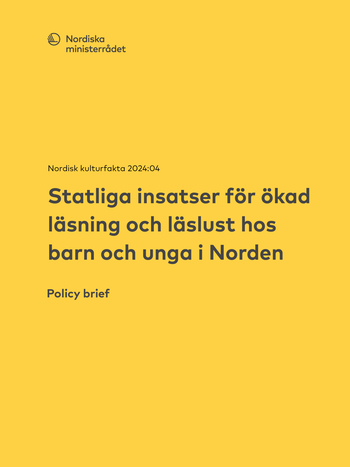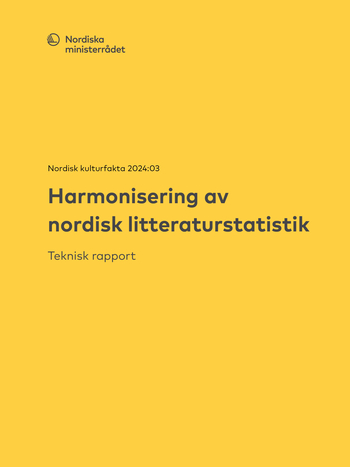Operational Expert Groups for Animal Diseases
the operational expert groups for animal diseases: How to maintain expertise? Copenhagen, 3-4 December 2012

Information
Utgivningsdatum
Beskrivning
The Danish National Veterinary Expert group for Classical and African swine fever has been active duringthe last 10 years. The group is composed of experts in EU-legislation, in Danish pig production, in pigdiseases and in virology. The group has participated in a national workshop on CSFV surveillance, inContingency planning exercises and many efforts is done to keep the group updated on the currentinternational situation for swine fevers.The group has been very stabile and especially the participation in a TAIEX workshop in 2005 in Romaniawas a very good basis for fruitful collaboration. The experiences gained from the workshop had been foundvery valuable during discussion of different epidemiological situations.The obligations of the expert group are both to follow the progress of eradication but definitely also to takecare of some of the more time consuming discussions that could otherwise burden the Veterinary Authorities. Questions like “Could we be allowed to vaccinate the pigs in a Zoo if there is an outbreak?” andother veterinary issues that may have a high interest in the press; but which do not matter that much in thegross picture of the disease eradication could be handed over to the expert group. Slide presentation and discussionsThe presentation gave examples of activities carried out by the Classical swine fever and African swinefever expert group during the last 10 years and how the expert group was kept alive. It was highlighted thata “good chemistry” between the members of the expert group was considered to be important for thesuccess in “peacetime” and in a “war-time.The importance of the annual meetings of National Reference Laboratories organized by the EU CommunityReference Laboratory for classical swine fever, Hannover was emphasized, as the meetings did not onlycover diagnostic laboratory methods, but also valuable information on disease transmission and currentepidemiological situations.The issue of independence was discussed. It was agreed that an expert should work as an independentperson. He/she is deemed to work in a personal capacity and, in performing the work, does not representany organization. The use of a declaration or statement of no conflict of interest was used in manyevaluation projects and could also be applied for work in expert groups. A potential conflict of interestcould occur, if an expert:- Was employed by a private company involved in production and sales of vaccine or reagents used indisease diagnostics- Was employed by the livestock sector and involved in the determination of animal movementrestrictions- Is in any other situation that could cast doubt on his or her ability to evaluate disease control measuresimpartially.The meeting was also informed about an article describing the activities of the Danish National VeterinaryExpert group for Classical and African swine fever published in the journal of the Danish Veterinary Medical Association.
Publikationsnummer
2013:926




